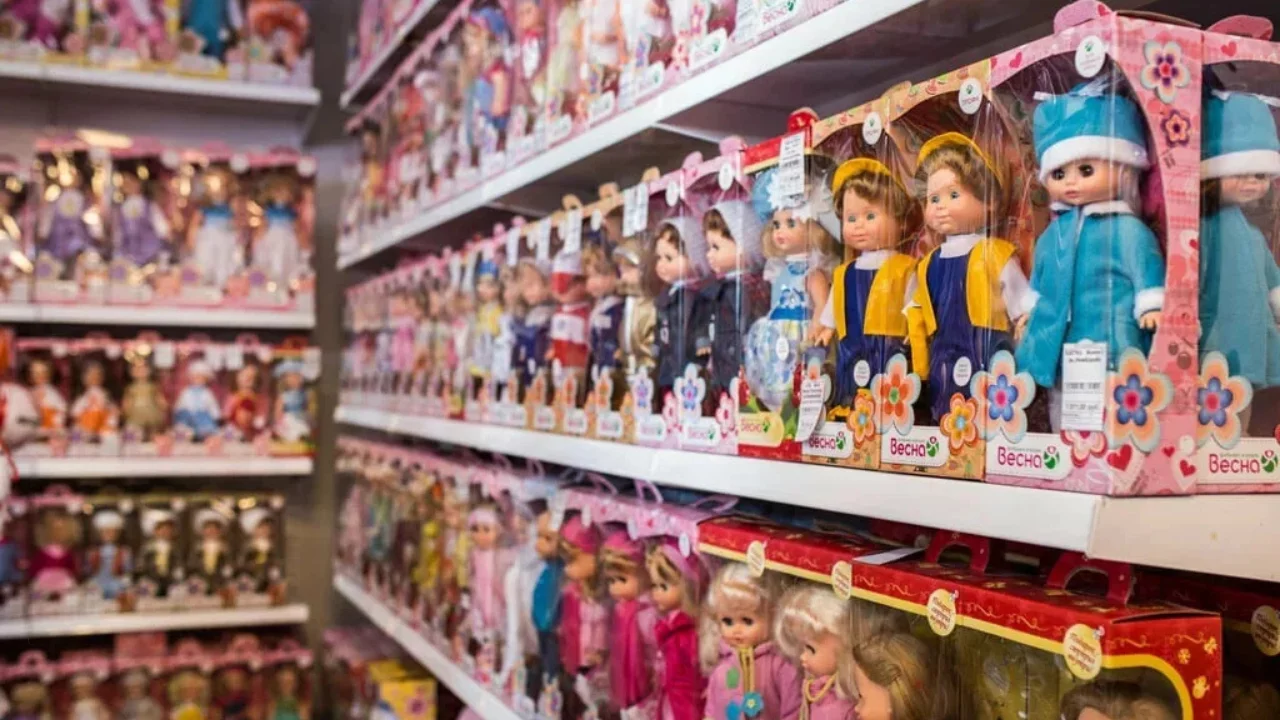Afghanistan imposes strict ban on sale of children's dolls

In the city of Kandahar, the sale of children’s dolls and small figurines in the shape of people or animals has been halted. Local sources say this step was taken on religious grounds, reported amu.tv.
According to sellers, local “guards of morality and virtue” have made several rounds of the shops, demanding that such toys be removed from sale. They called these items “haram” and stated firmly that selling them is not permitted.
Shopkeepers emphasize that the ban is not limited to dolls; other toys bearing the image or shape of a person or an animal are also included on the list. It has been stated that such goods are being judged as “idol‑like.”
Although officials are said not to have issued an official comment, traders in local markets are taking the situation very seriously. They say trade was already weak, and this decision has driven their revenue down even further.
Merchants report that instructions along the lines of “from faces to little statues — if it shows a living being, remove it” were delivered through a kind of urgent series of raids. Some decline to give their names out of fear.
It is said that in markets around Sadozo Daniy, moral patrols have carried out repeated inspections. Toy shops in the old market rows are now starting to empty; only balloons, paper decorations, and technically “image‑free” items are being left on the shelves.
Verbal orders that “these toys are haram, you cannot sell them” were reportedly repeated several times. Warnings were given that shops failing to comply could face administrative action.
After news of the ban spread, many traders began considering hiding higher‑priced dolls and figurines in storage or sending them to other provinces altogether. They say the sales restrictions strike at their family income.
The doll trade was not a large share of Kandahar’s economy, but it was a steady small channel of circulating funds in the children’s market segment, local sources say. Now that channel is shrinking.
If sales disappear, prices will swing sharply: remaining stock may move into a hidden market, or it may simply spoil, expensive or cheap alike. Sellers themselves say they do not know which path to take.
Wholesalers who contract with private manufacturers are in a difficult position: orders have stopped, payments are delayed. Some are negotiating dates to cancel their contracts.
The ministry that monitors moral rules has, in recent years, intervened in various social spheres through different bans and restrictions. International media have repeatedly written about the step‑by‑step tightening of requirements related to music, images, clothing, and women’s activity.
The issue of imagery is especially in focus: demands concerning statues, mannequin heads, and items depicting living beings have long been strict. Documented cases exist in which mannequin heads had to be covered or removed.
A similar approach has been noted in the past: when idols, statues, or depictions of living beings met religious worldviews in different historical periods, they were rejected. Some interpret today’s restrictions as a continuation of that strict cultural‑religious heritage.
The biggest problem for shop owners is what to do with stock left in the warehouse without a market. Shipping it out is expensive; selling it clandestinely in the local market is risky. Unease in the marketplace erodes trust.
Some sellers are looking for “image‑free” alternatives that might still please children: construction kits, geometric puzzle pieces, paper play sets. But demand is said not to reach doll levels.
“Sales were already low; now they’ve dropped completely. We’re barely surviving,” one domestic market trader told Amu. His view reflects the mood of many other shop owners left without customers.
To ease the situation, some are switching to selling small pinwheels, paper gliders, and balloon packs. Parents say, however, that these sorts of items cannot replace the heroes of children’s imagination the way dolls did.
Discussions involving local educators stress that dolls are not just toys; they play an important role in developing a child’s social sense. If the ban continues for a long time, questions arise about its impact on children’s development.
It is said that, in the local environment, parents are increasingly sewing simple homemade rag dolls by hand, using whatever spindle or tool they have. This method is not officially banned yet, but if the figures are fashioned to resemble living beings, it could spark dispute. Read “Zamin” on Telegram!
Ctrl
Enter
Found a mistake?
Select the phrase and press Ctrl+Enter 




















